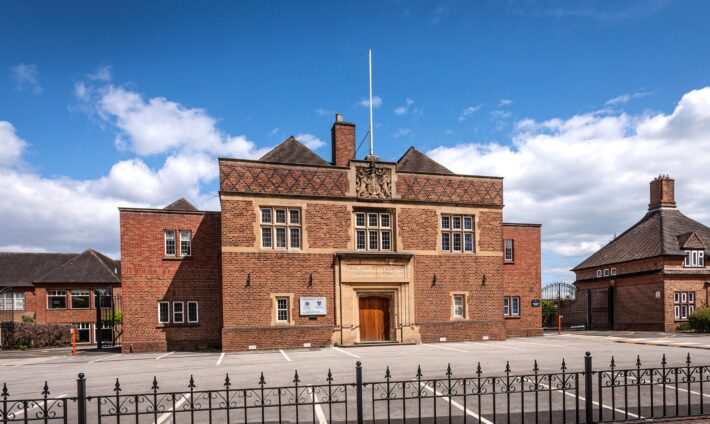Join the King Edward VI Academy Trust
We are delighted that you have taken an interest in the King Edward VI Foundation and our Academy Trust and want to find out more about us.
Our ambition is to make Birmingham the best place in the United Kingdom in which to be educated. It is a bold mission, but we view it as inspirational – inspiring our determination to enable our city’s young people to harness and maximise their potential, wherever they live, irrespective of their circumstances and whatever their aptitudes: academic, occupational, sporting or cultural.

We believe that schools are far stronger when they work together, sharing their expertise and their resources for a common purpose. We also believe that the diverse mix of schools within our Foundation (independent, grammar and comprehensive) brings a range of expertise and perspectives which allow for even broader collaboration.
We would like the success of our rare combination of schools to be a model for other educational groups in demonstrating that diversity of experience is a strength and that we can all learn from each other.

Joiner School FAQs
If you are interested in joining the King Edward VI Academy Trust, please see below for answers to some frequently asked questions, covering a range of areas such as HR, Risk & Compliance, Finance and Governance. If you have any further questions that have not been covered on this page, please contact [email protected]

General
-
Our ambition is to make Birmingham the best place in the United Kingdom in which to be educated.
We believe that schools are far stronger when they work together, sharing their expertise and their resources for a common purpose. We also believe that the diverse mix of schools within our Foundation (independent, grammar and comprehensive) brings a range of expertise and perspectives which allow for even broader collaboration.
We would like the success of our rare combination of schools to be a model for other educational groups in demonstrating that diversity of experience is a strength and that we can all learn from each other.
-
If your school is converting to academy status for the first time, then yes, a consultation is required. Section 5 of the Academies Act 2010 requires the school’s governing body to consult with “such persons as they think appropriate” about the possibility of converting to academy status. The government recommends consulting with staff, parents and carers and the wider community. Your school’s governing body should then vote on the proposal, having considered the consultation responses.
Whilst a consultation is not a statutory requirement for an academy transfer, we would recommend that schools consult with stakeholders about any proposals to join our Academy Trust.
-
As part of our mission to make Birmingham the best place to be educated in the UK, we are working on a five-year strategy that aims to grow our family of secondary schools, establishing a balance between selective and non-selective schools.
Our growth plans are focused on extending our reach within Birmingham by bringing in more comprehensive schools, particularly those serving disadvantaged communities.
-
Schools joining our academy trust are renamed to include the prefix “King Edward VI”. Other changes to the school name sometimes happen at the school’s request.
Schools can also adopt a version of the King Edward VI crest as part of their conversion into the Academy Trust and update their uniform accordingly.
-
The ethos and values of the school will continue to be set by the school. We are seeking schools which broadly align with the Foundation’s values, to ensure best fit.
The King Edward VI ambition is to make Birmingham the best place in the United Kingdom in which to be educated. It is a bold mission, but we view it as inspirational. We are determined to enable our city’s young people to harness and maximise their potential, irrespective of their circumstances and whatever their aptitudes.
-
Headteachers within our Academy Trust report directly to the School Governing Body (SGB), with a “dotted line” into the Foundation’s CEO and executive leaders, including the Director of Education.
As the employer, the Academy Trust has ultimate accountability but delegates a significant amount of autonomy to schools. The CEO is involved in Headteacher appraisal, but this is led by the SGBs.
-
Yes. We encourage partnerships and believe that schools are far stronger when they work together, sharing their expertise and resources for a common purpose.
We also believe that the diverse mix of schools within the King Edward VI Foundation (independent, grammar and comprehensive) brings a range of expertise and perspectives which allow for even broader collaboration.
-
The Foundation Education Group, which meets monthly, has a remit to drive educational strategy across the organisation. This group is comprised of all Headteachers in the Foundation, chaired by the Chief Master of King Edward’s School, and supported by the Foundation’s central education department.
Headteachers are invited to lead a strategic project on behalf of the organisation. Headteachers and other leaders within schools are involved in strategic projects and working parties which align to their interests and professional development. The Foundation’s strategic direction is thus informed by a rich and diverse range of contributions from school leaders with different contexts and backgrounds.
The following principles are fundamental to the Foundation and our schools:
Education can:
-
Raise aspirations, providing opportunities and giving confidence alongside excellent academic standards.
-
Widen access and transform lives for all young people, no matter their background.
-
Encourage open-mindedness, equality for all, honesty, fairness, understanding and accepting the views of others.
-
Create a love of learning, which will foster creativity, imagination and the capacity to communicate.
-
Instil a sense of community and the desire to support and work with others.
-
Build character and relationships, along with a sense of morality, care and respect for others.
-
Ensure successful transition to the world of further study and work through strong academic outcomes.






